The Independent's journalism is supported by our readers. When you purchase through links on our site, we may earn commission. Why trust us?
5 best anti-pollution masks for cycling that keep your commute cleaner
We put the protectors to the test to bring you the top choices to travel with
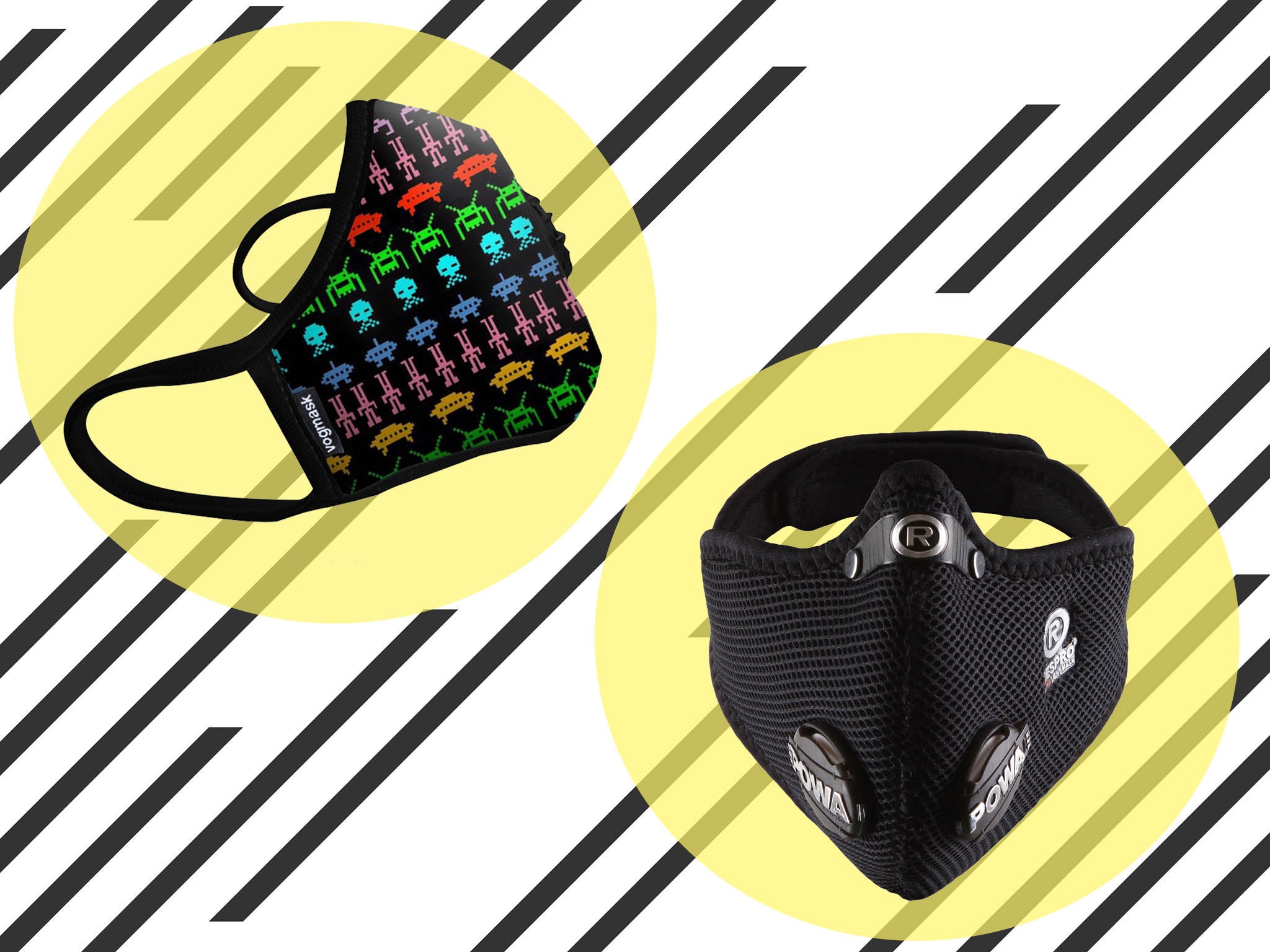
Your support helps us to tell the story
From reproductive rights to climate change to Big Tech, The Independent is on the ground when the story is developing. Whether it's investigating the financials of Elon Musk's pro-Trump PAC or producing our latest documentary, 'The A Word', which shines a light on the American women fighting for reproductive rights, we know how important it is to parse out the facts from the messaging.
At such a critical moment in US history, we need reporters on the ground. Your donation allows us to keep sending journalists to speak to both sides of the story.
The Independent is trusted by Americans across the entire political spectrum. And unlike many other quality news outlets, we choose not to lock Americans out of our reporting and analysis with paywalls. We believe quality journalism should be available to everyone, paid for by those who can afford it.
Your support makes all the difference.Poor air quality is blamed for thousands of premature deaths across the UK, and the Volkswagen emissions scandal and pressure from climate committees to improve energy efficiency have pushed the issue up the political agenda.
Plans to ban petrol and diesel cars in the UK are accelarating. The transport secretary Grant Shapps announced in October of last year that the government's target to ensure all new car models are zero-emmission by 2040 may be brought forward to 2035. Meanwhile diesel car drivers now face a £12.50 daily fee to drive in the centre of London after the capital launched its ultra low emission zone in April 2019. Although governments here and abroad are beginning to take the problem seriously, many individuals are taking matters into their own hands by purchasing a face mask.
The air in major cities, including London, is dirtiest of all. A growing body of research suggests smaller particulate matter – the term for particles found in the air including dust, dirt, soot and smoke – is responsible for the most adverse health effects. Particulates are measured in microns, equal to one millionth of a metre. Those that are 50+ microns in diameter can be seen by the naked eye, but those measuring 2.5 microns or smaller, are invisible – and, according to a government report, pose the greatest health risk.
Particulate types include asbestos dust from car and lorry brake linings, road dust, fumes from diesel vehicles and pollen. The variation in size of these particulates comes from the type of fuel and how efficiently it is burned.
Some masks are capable of cleaning pollutants measuring 0.3 of a micron from the air you breathe. The N95 and N99 labels that are commonly (though confusingly, not universally) used to describe effectiveness refer to the amount of airborne particles that are filtered – 95 per cent and 99 per cent respectively.
As one technician at Respro, the market leader for anti-pollution masks, puts it: “It’s not uncommon for 3000l of air to pass through your lungs while cycling to and from work on a half-hour round trip. Multiply that by five days a week, 50 weeks a year, and that’s a lot of pollution for your body to deal with.”
Despite the obvious health benefits, wearing a mask can be uncomfortable, and some users complain that they restrict the amount of oxygen it is possible to inhale in each breath. It is for this reason that getting the right mask – and making sure it fits properly – is essential.
There are many different types of mask on the market. In terms of shape, there are those that cover the whole of the lower face, including the nose and mouth, versus those which cover just the mouth – for these you should use the nose only to breathe out. The masks on offer also differ by the technology they use. The most basic (not reviewed below) offer little more protection than a surgical mask, while the top-end coverings come with sophisticated multi-layer filters.
It is vital that you choose a correctly sized mask, as each will sit on the face slightly differently. Best would be to visit a local stockist in person. Alternatively, you can take detailed measurements to ensure the mask does the job of filtering the air you are breathing and is comfortable at the same time.
You can trust our independent reviews. We may earn commission from some of the retailers, but we never allow this to influence selections, which are formed from real-world testing and expert advice. This revenue helps us to fund journalism across The Independent.
Respro ultralight mask (N99): From £36.99, Wiggle
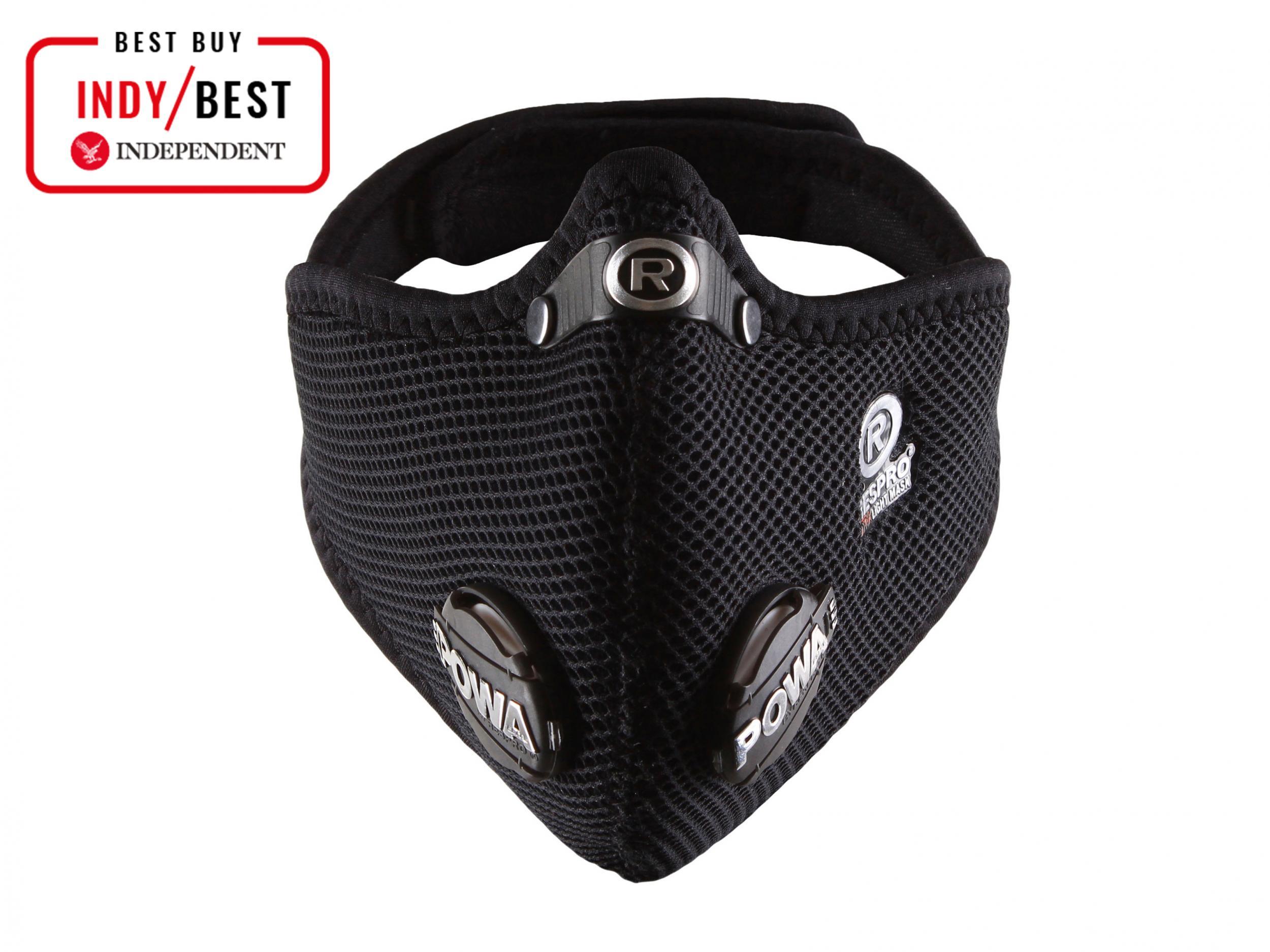
Respro’s ultralight mask uses a stretchy fabric that allows the face to breathe in hot and humid conditions, which made it comfortable to wear for the duration of our 40-minute commute. It comes in four sizes, boasts two exhale valves (which allow the air you are breathing out to leave the mask) and an “unbreakable” nose clip that keeps the mask snug to your face. The two valves improve airflow performance, making breathing a little easier and reducing condensation that inevitably builds up in the mask, especially on cold mornings. The filters, which are designed to filter “sub-micron” particulates (those measuring smaller than one micron), were also able to cut out bad smells, something which was less noticeable with other masks we tried and which made traffic-clogged streets a little more pleasant.
Respro techno (N99): £35.99, Wiggle
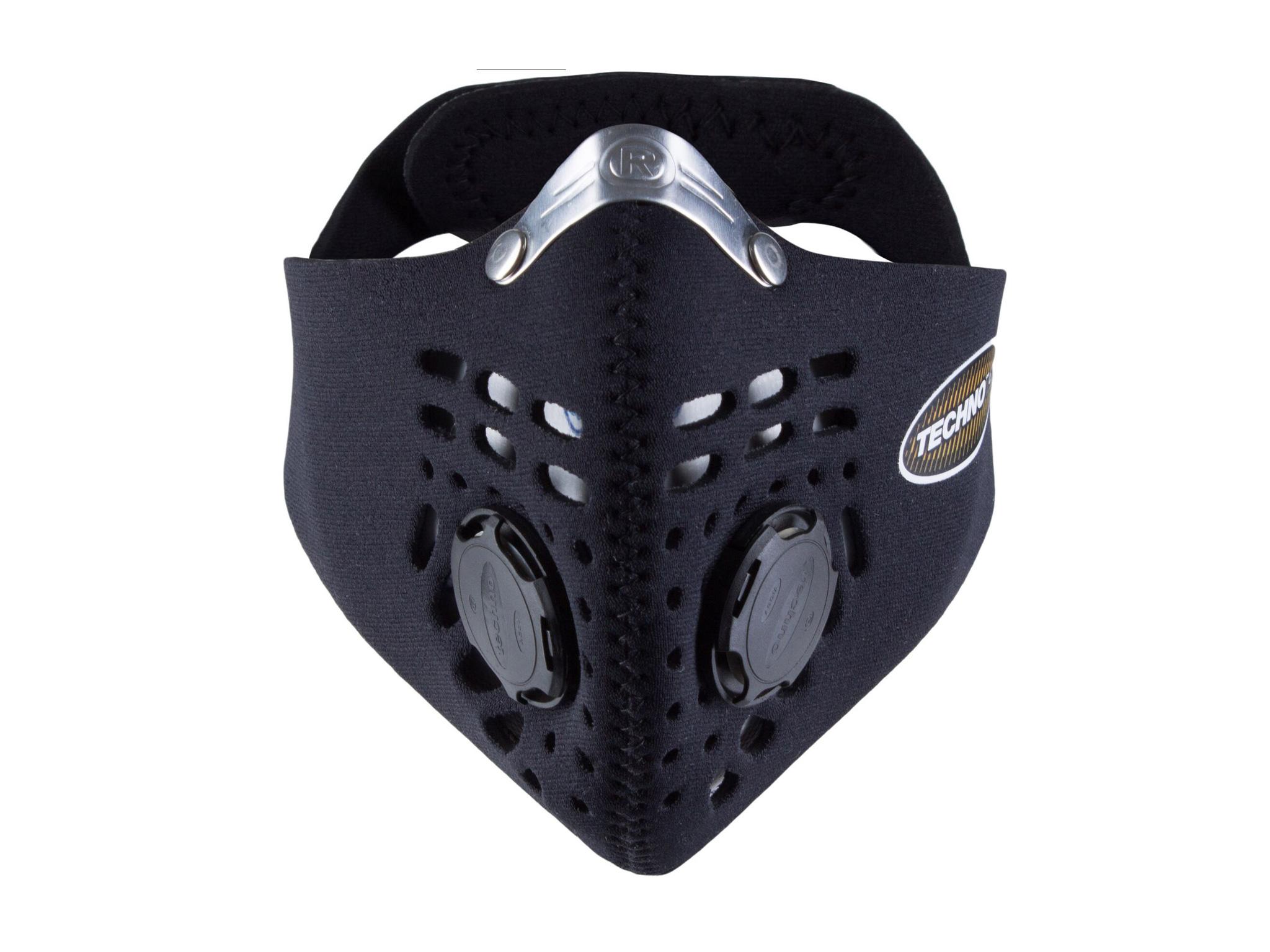
The techno mask is made from a neoprene skin that neatly follows the contours of the face, giving it a snug fit and ensuring all the air is forced through the filters. Like the ultralight, this mask comes with the filter for sub-micron particulates. However, we found the techno a little less comfortable than the first Respro product we tested, in part because it does not have rapid airflow valves, meaning there is slightly more resistance when breathing in and out. As with the Ultralight mask, the Velcro fastening makes adjusting the fit fuss-free. Again, there are several sizes to choose from.
Totobobo anti-pollution mask (N95): £32, Totobobo
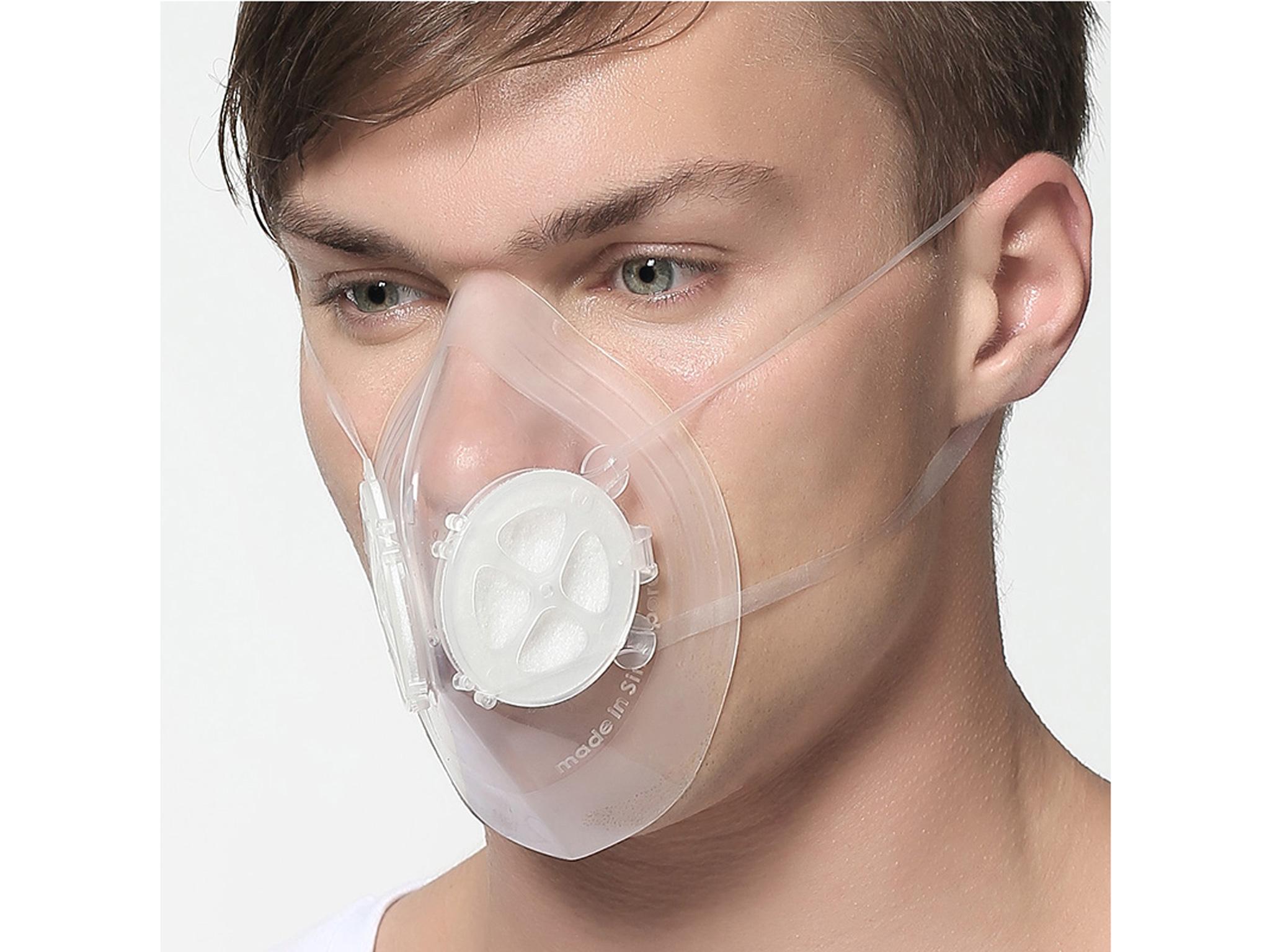
Tipping the scales at 20g, Totobobo is the lightest reusable respiratory mask on the market. Made from clear and flexible plastic, it can be easily cut down to fit the exact size of your face using a template printed out from their website, and it was still comfortable once we made the adjustments using a pair of scissors. The transparent plastic also means you can avoid the “Darth Vader on two wheels” look from some of its competitors.
The white filter pads make it easy – and incredibly satisfying – to monitor the particulates that have been caught (the promotional material claims to reduce pollution 135-fold). We found the thin plastic straps comfortable but prone to snapping, although a spare pair was included with the mask. You can choose between a Totobobo that covers just your mouth or one that also includes your nose. But, without an exhale valve that allows condensation to easily escape, the full mouth and nose mask does end up collecting moisture, particularly during longer or more intense rides.
Cambridge Mask the admiral (N99): £24.95, Cambridge Mask
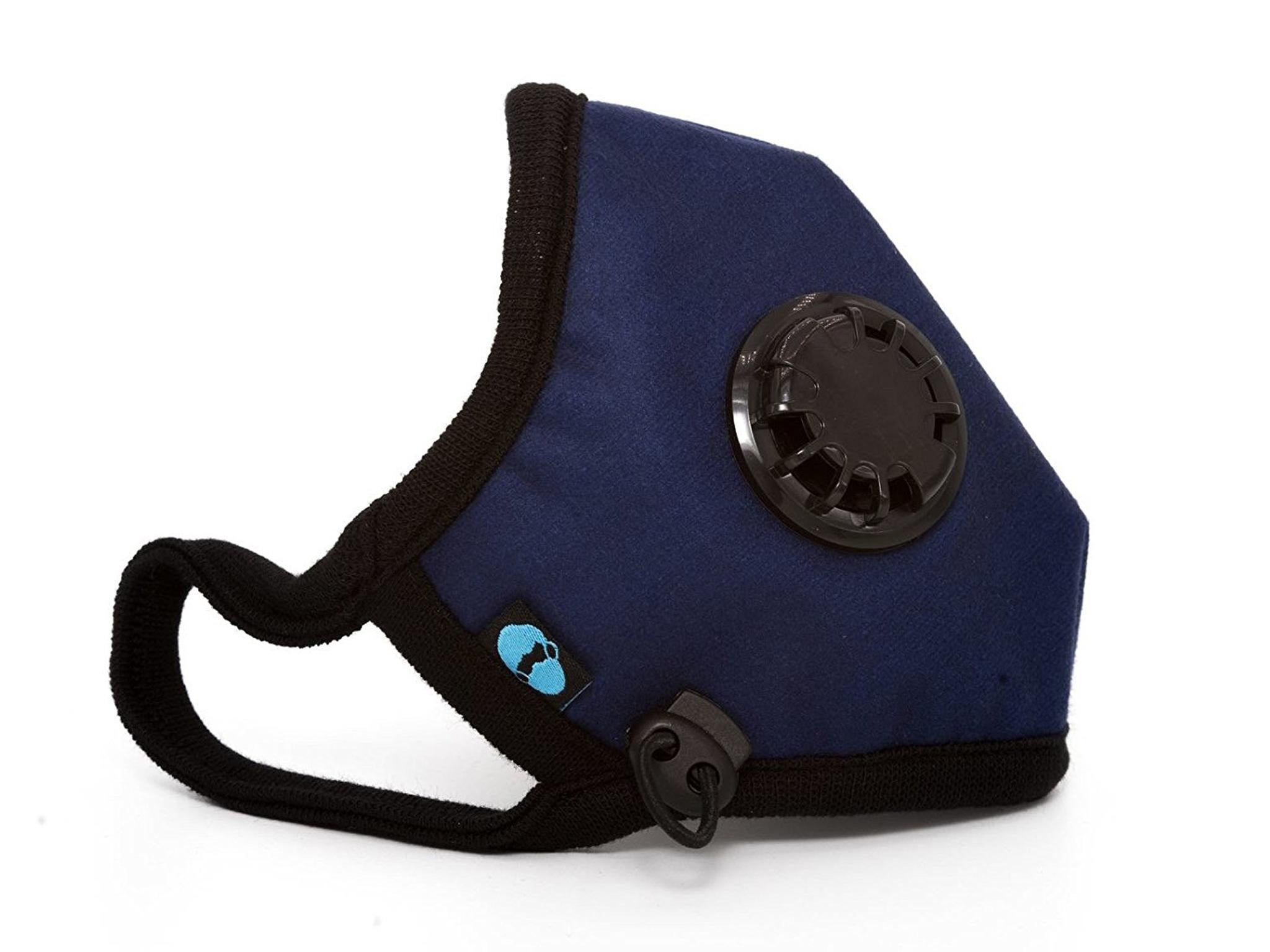
Founded by a Cambridge University graduate who decided to find a solution to air pollution after moving to China, this “military grade” mask uses carbon cloth invented by the Ministry of Defence to protect against smells and particulates. It features an adjustable drawstring strap to make adjusting the mask easy: a useful feature that stops it slipping down your face. Like the Vog (below), Cambridge Masks are not secured as tightly around the face as the Respro options, which will appeal to those who prefer the comfort of a mask that fits a little looser. The masks come in a range of bright colours and patterns but all do the same job.
Vogmask (N99): From £41.95, Vogmask

American brand Vogmask are big in the US but haven’t yet made the same impact on the UK market. Its colourful, patterned masks are likely to be popular with cyclists who have been put off in the past by the more common black wraparound face coverings. These masks sit a little more loosely on the face, and have elasticated straps that don’t feel as tight or restrictive as their competitors. Like the Cambridge, the looser fit left us with the feeling that some unfiltered air might be getting in, although this is likely to be a problem with any of the masks (“real world tests” by mask makers tend to record a lower level of filtration than those conducted in the lab). A bendable aluminium noseband provides a seal over the bridge of the nose and they also boast an exhale valve – some have two – which goes some way to reducing the condensation build-up.
The verdict: Anti-pollution masks for cycling
Respro’s ultralight mask gave us greatest peace of mind that the air we were breathing was clean, and it was comfortable too. But if you’ve been put off from wearing masks in the past because of how they look, Totobobo might be the one for you.